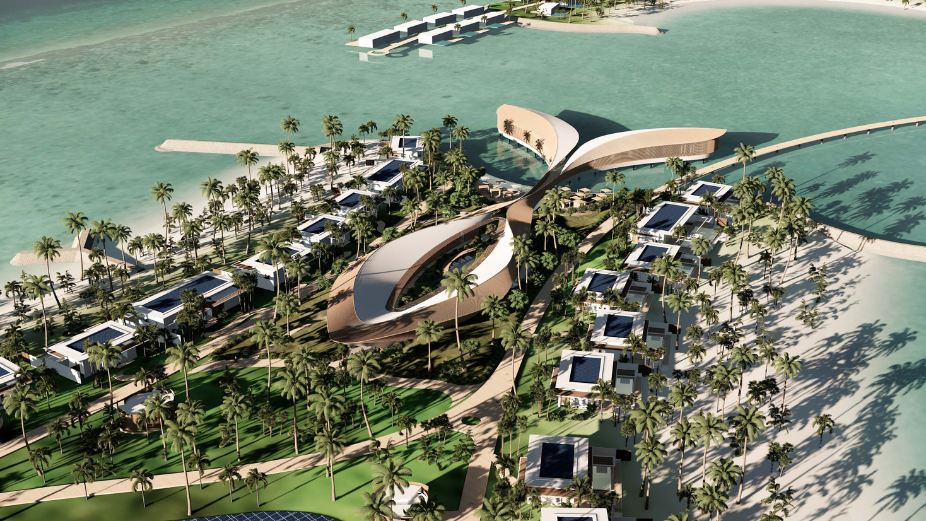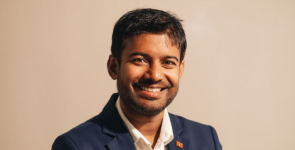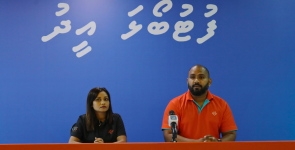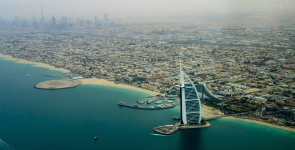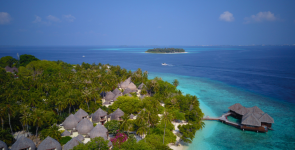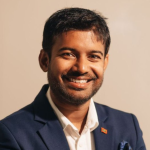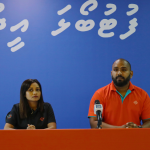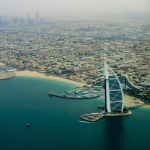Zamani Islands emerges as the leading force in Maldivian hospitality, set to reformulate luxury with a conscience. As Zamani Islands prepares to become the region’s inaugural resort to harness 100% renewable energy, the minds of Ashish Rakheja and AEON Integrated Building Consultants, revered for their proficiency in MEP design and sustainability, guide this bold venture.
Together, they orchestrate a symphony of eco-conscious architecture and futuristic technology, crafting not just a resort but a harmonious coexistence of luxury and environmental conservation.
Digital Twining and Passive Design Strategies
AEON’s involvement is critical in moulding Zamani Island’s ecological impact. The scope of work assigned to AEON for Zamani Islands includes delineating sustainability objectives to steer the course of sustainable design. Digital Twining, a forward-thinking approach, allows for the creation of virtual replicas of buildings, enabling real-time monitoring and optimisation. Smart systems for building management and IoT devices monitor and control energy usage in real-time.
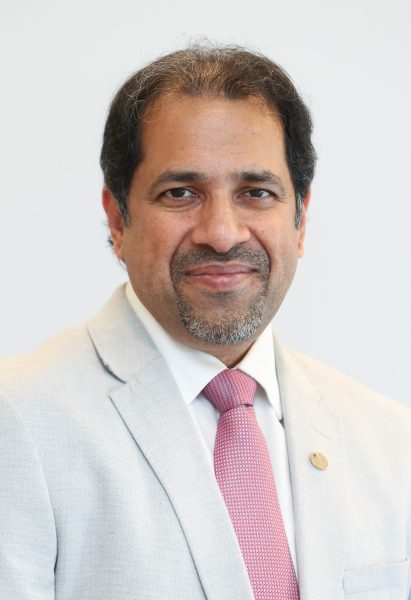
Integrating Renewable Energy into MEP Design
AEON has outlined a strategy to integrate solar energy into the mechanical, Electrical, and Plumbing (MEP) design of island buildings. Solar photovoltaic (PV) systems will take centre stage, with rooftop solar panels and Building-Integrated Photovoltaics (BIPV) being key components. These technologies aim to maximise solar energy utilisation across the resort.
In addition to solar power, AEON’s plan includes implementing energy storage systems to ensure a consistent power supply, even during low renewable energy generation periods. Smart grid infrastructure and energy management systems will enable efficient real-time monitoring and adjustment of energy consumption. Moreover, energy-efficient MEP systems and advanced lighting controls will enhance the resort’s energy efficiency and sustainability.
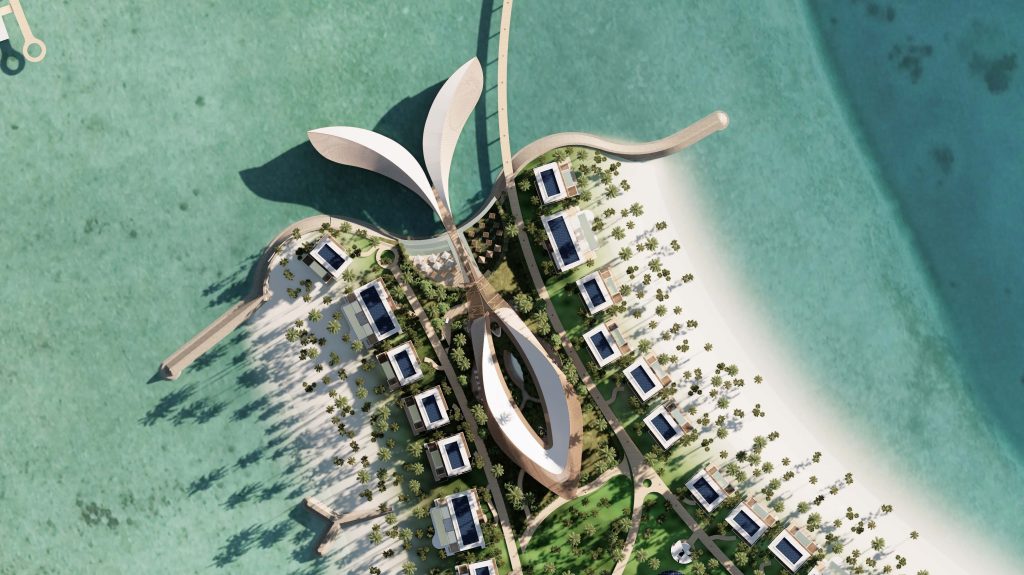
Addressing Unique Challenges of Island Projects
Zamani Islands face distinct challenges in MEP design and sustainability due to isolation, resource limitations, and environmental vulnerabilities. To address these, AEON has prioritised local materials and skills development, employs corrosion-resistant and weather-resistant designs, and integrates energy storage solutions for reliable power. Additionally, innovative water-efficient systems and waste-reduction techniques are implemented alongside efficient transportation planning and modular construction.
Zamani Islands navigates challenges like limited resources, harsh environmental conditions, and logistical intricacies typical of island projects. Strategies include:
- Prioritising local materials and skills development.
- Deploying weather-resistant designs.
- Ensuring energy reliability through storage solutions.
Water scarcity is addressed with efficient systems and purification methods, while waste management emphasises reduction and recycling. Efficient transportation planning and modular construction streamline logistical operations. Moreover, environmental assessments, conservation efforts, and resilient construction practices are employed to mitigate ecosystem impact and adapt to climate change.
Coordinating Stakeholders for Seamless Integration
AEON emphasises effective collaboration with stakeholders like architects and contractors throughout the project lifecycle to ensure the seamless integration of MEP systems and sustainability features at Zamani Islands. They conduct frequent meetings involving various parties, including architects, clients, and renewable energy experts, to maintain continuous workflow and facilitate integration.
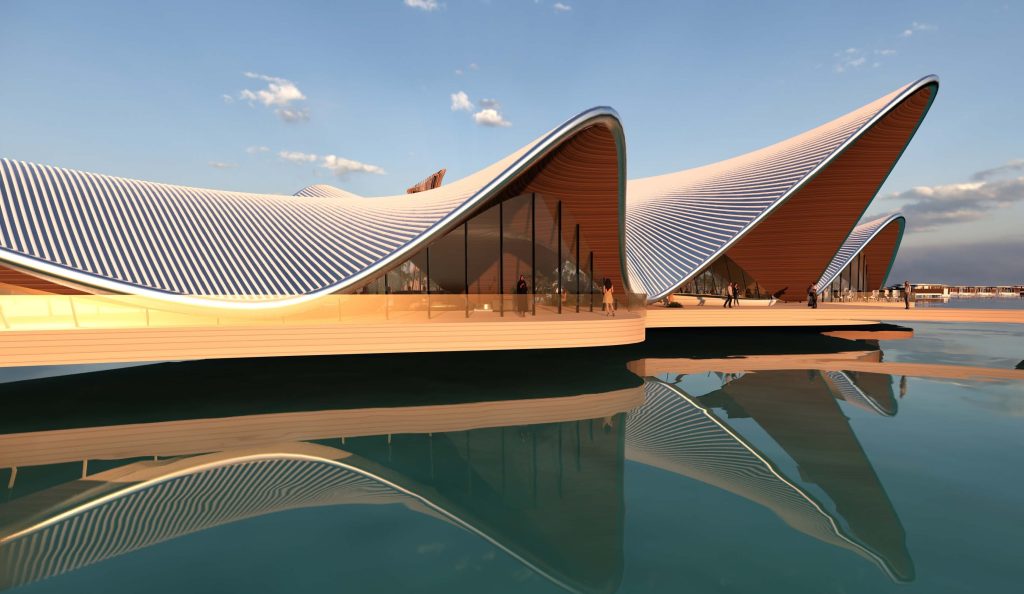
Ensuring Compliance with Regulations and Standards
All the design disciplines of Zamani Islands are aligned to follow international design codes and standards, including sustainability. Every design discipline is required to identify and use applicable codes (both local and global) about the respective disciplines. For sustainability, the project should be aligned with recognised international sustainability standards such as LBC (Living Building Challenge), WELL, and EDGE. These lay down the foundation for applying sustainable principles and strategies in the project’s design, construction and operations. These standards enhance credibility and align the project with global best practices.
Optimising Water Usage and Conservation
This project’s primary water source is seawater, which will be treated through a desalination plant for further use. Sitting in the middle of the ocean, water is plenty but costly and energy-intensive due to its treatment. Therefore, water conservation strategies will help the project reduce the volume of water to be treated and associated environmental impacts & costs. Hence, water-reducing strategies, including low flow fixtures and 100% treatment of wastewater generated from the project, are undertaken so that it is treated and reused in the project to meet non-potable and non-touch water demands such as irrigation and toilet flushing.
Supporting Sustainable Practices Post-Construction
To support Zamani Islands in adopting sustainable practices post-construction, AEON plans to implement educational outreach and engagement initiatives, including user awareness programs aimed at residents, staff, and guests, to promote the benefits and proper use of renewable energy and foster a culture of energy conservation and sustainability. Additionally, AEON proposes to establish a monitoring system to track the performance of renewable energy systems and MEP components, enabling continuous improvement by identifying areas for enhancement and optimising energy efficiency based on real-time data.
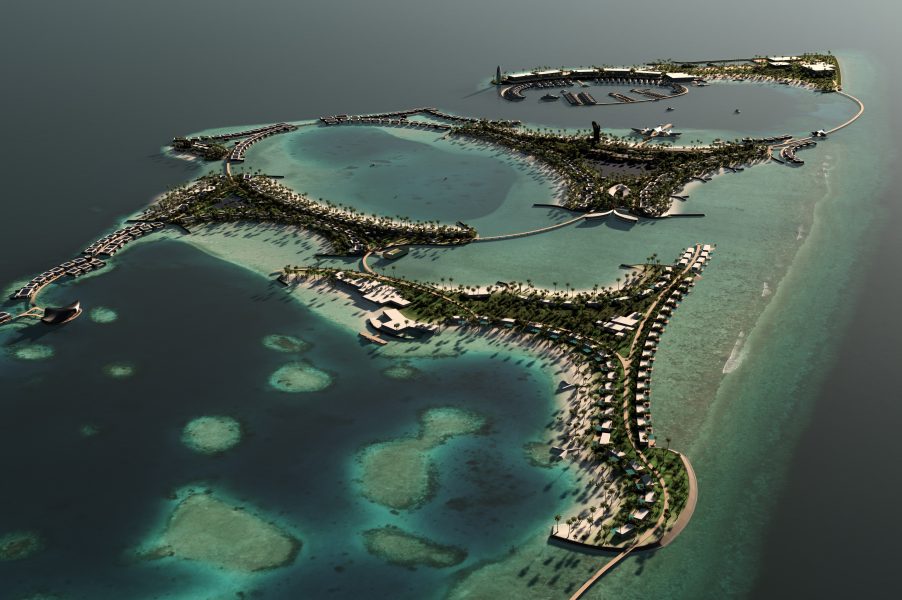
Environment, Sustainability, and Green Building Certifications
For Zamani Islands, certifications related to environmental sustainability are being considered in alignment with project goals and local regulations. Notable certifications like EDGE, which focuses on resource efficiency, WELL, and prioritising occupant health and well-being, and the Living Building Challenge, which emphasises regenerative design principles, are being explored.
Amit Majumder and Dmitry Bourtov, the founders and curators of Atoll Estates, elaborate on the strategic rationale behind their choice of AEON as the MEP design and sustainability consultants for Zamani Islands:
“Our decision to enlist AEON as the MEP design and sustainability consultants for Zamani Islands embodies a deliberate strategy rooted in their unmatched expertise and steadfast dedication to pioneering sustainable solutions. AEON’s established track record in delivering innovative MEP designs perfectly aligns with our vision for Zamani Islands as a global leader in luxury hospitality and environmental conservation. Their comprehensive approach to sustainability, seamlessly integrated with MEP systems, ensures that our development meets and surpasses the highest energy efficiency standards and environmental stewardship. This collaboration with AEON signifies more than just a professional engagement; it signifies a harmonious fusion of shared values and a collective commitment to establishing new benchmarks in sustainable tourism in the Maldives and beyond.”
For more information, please visit the website or their Instagram at @atollestates or email media@atollestates.com.


